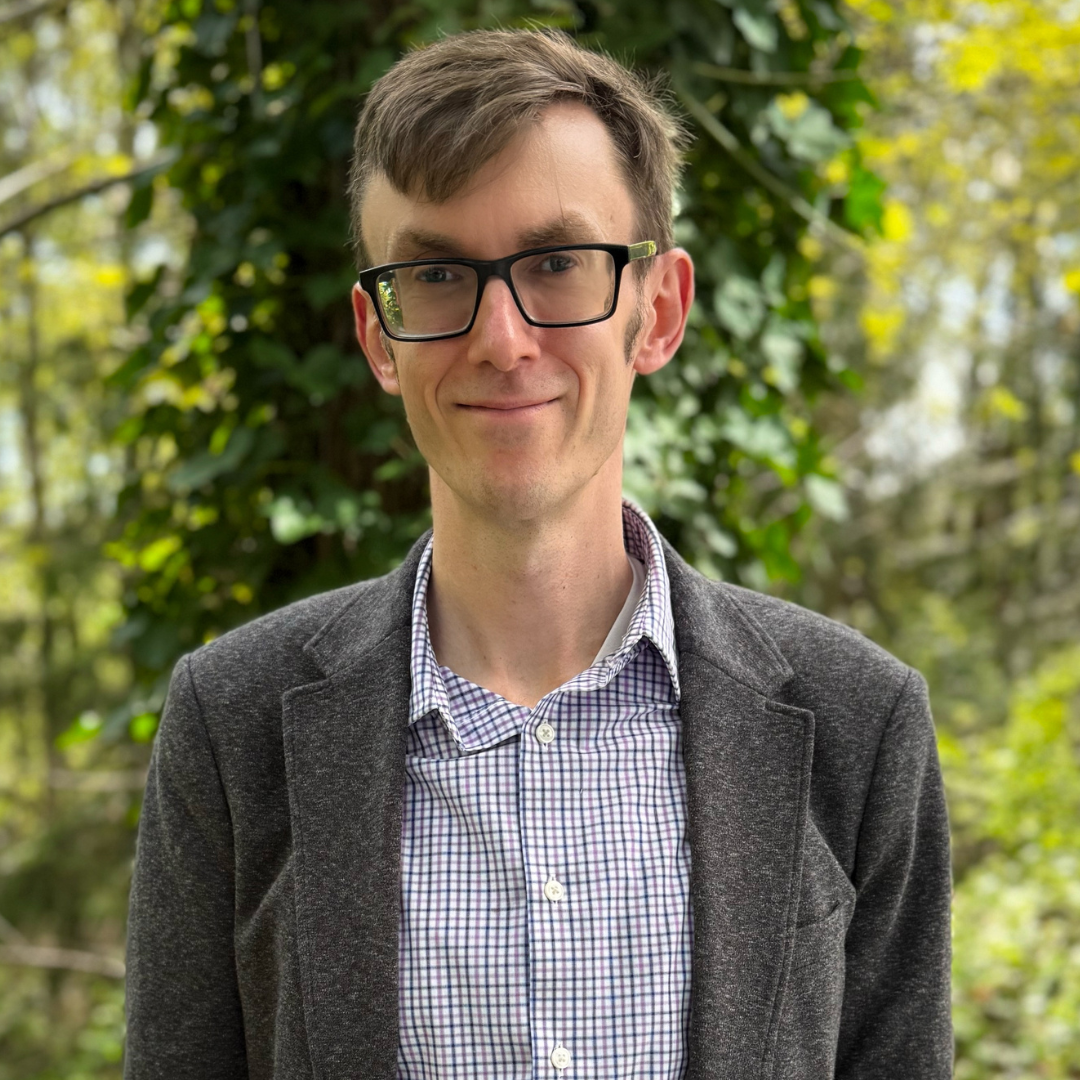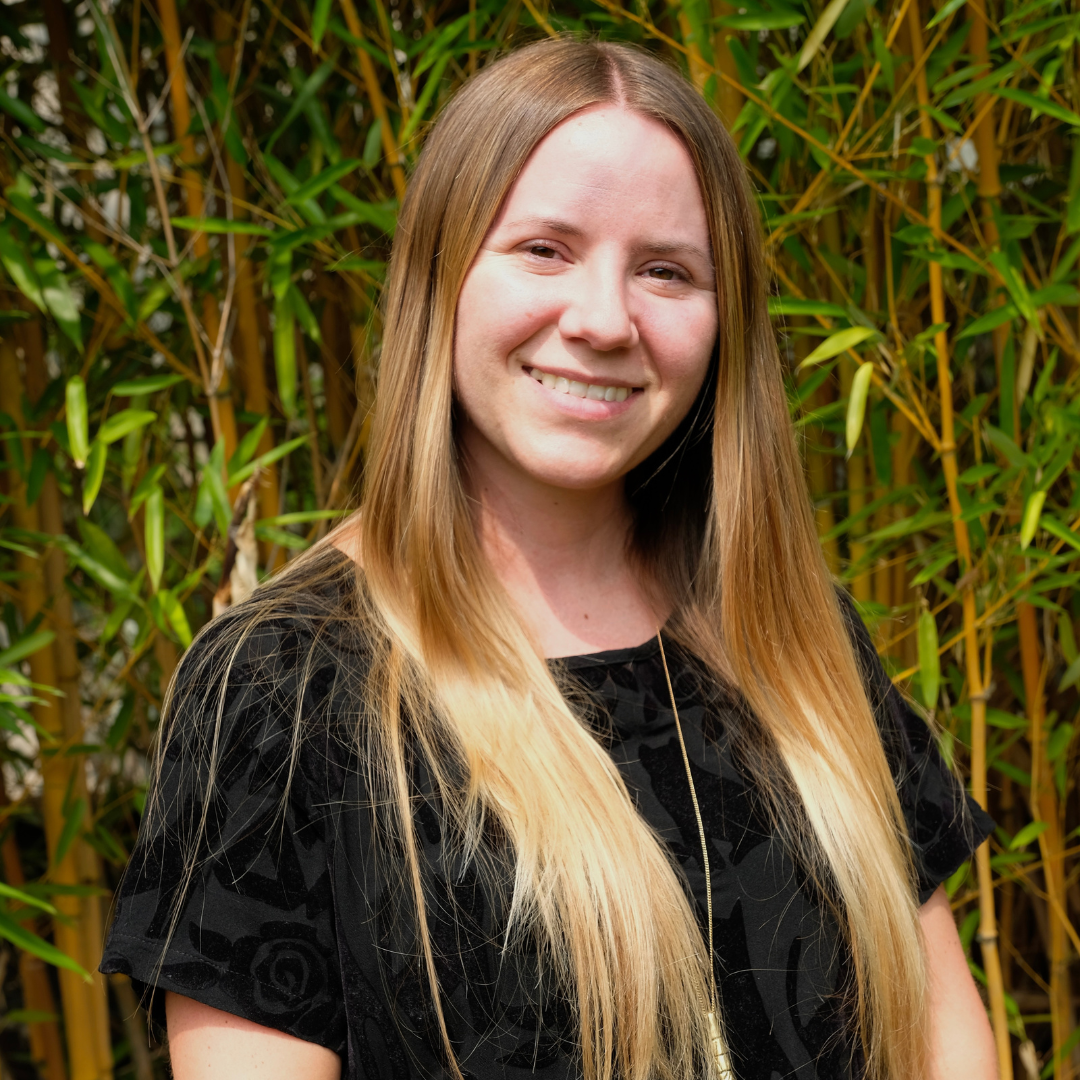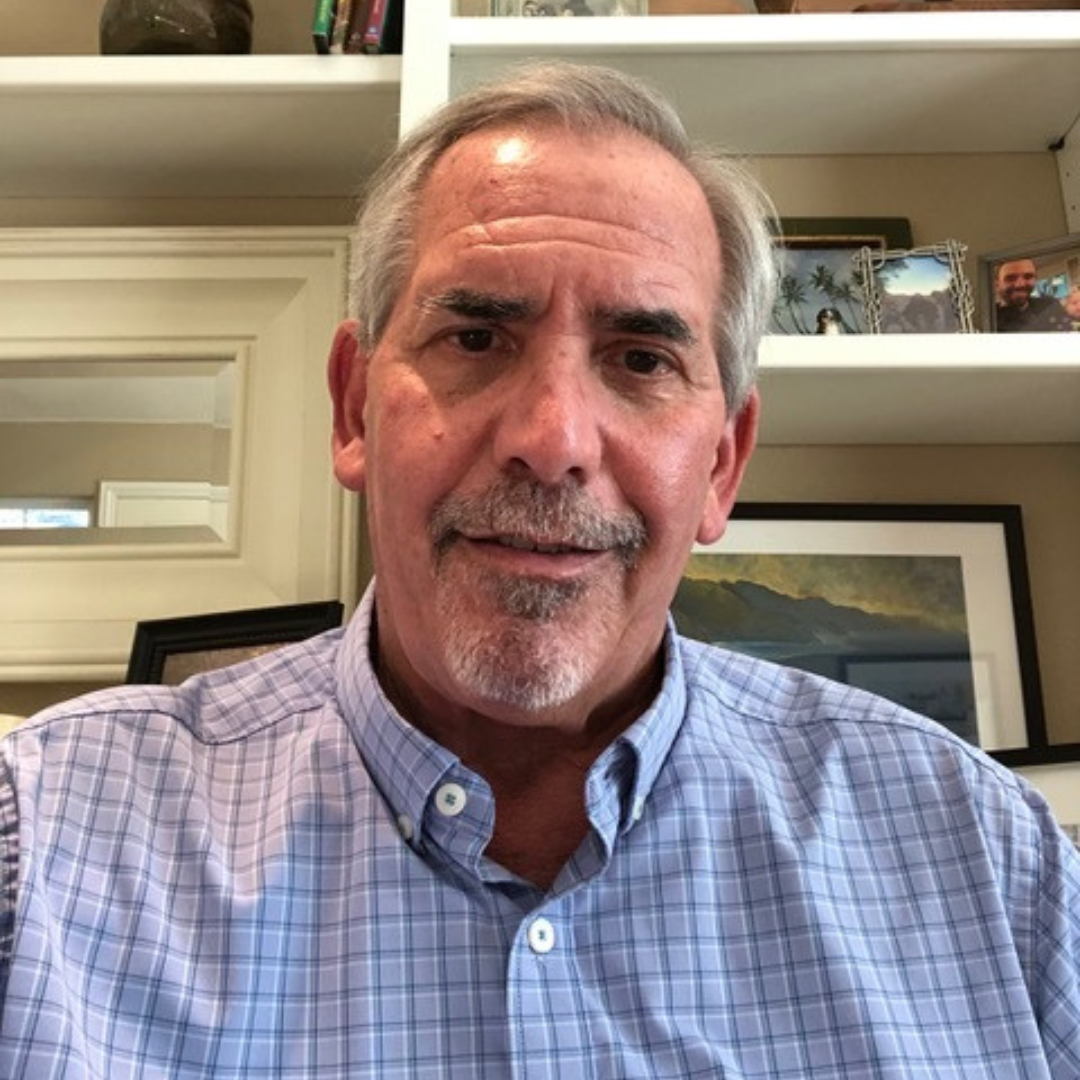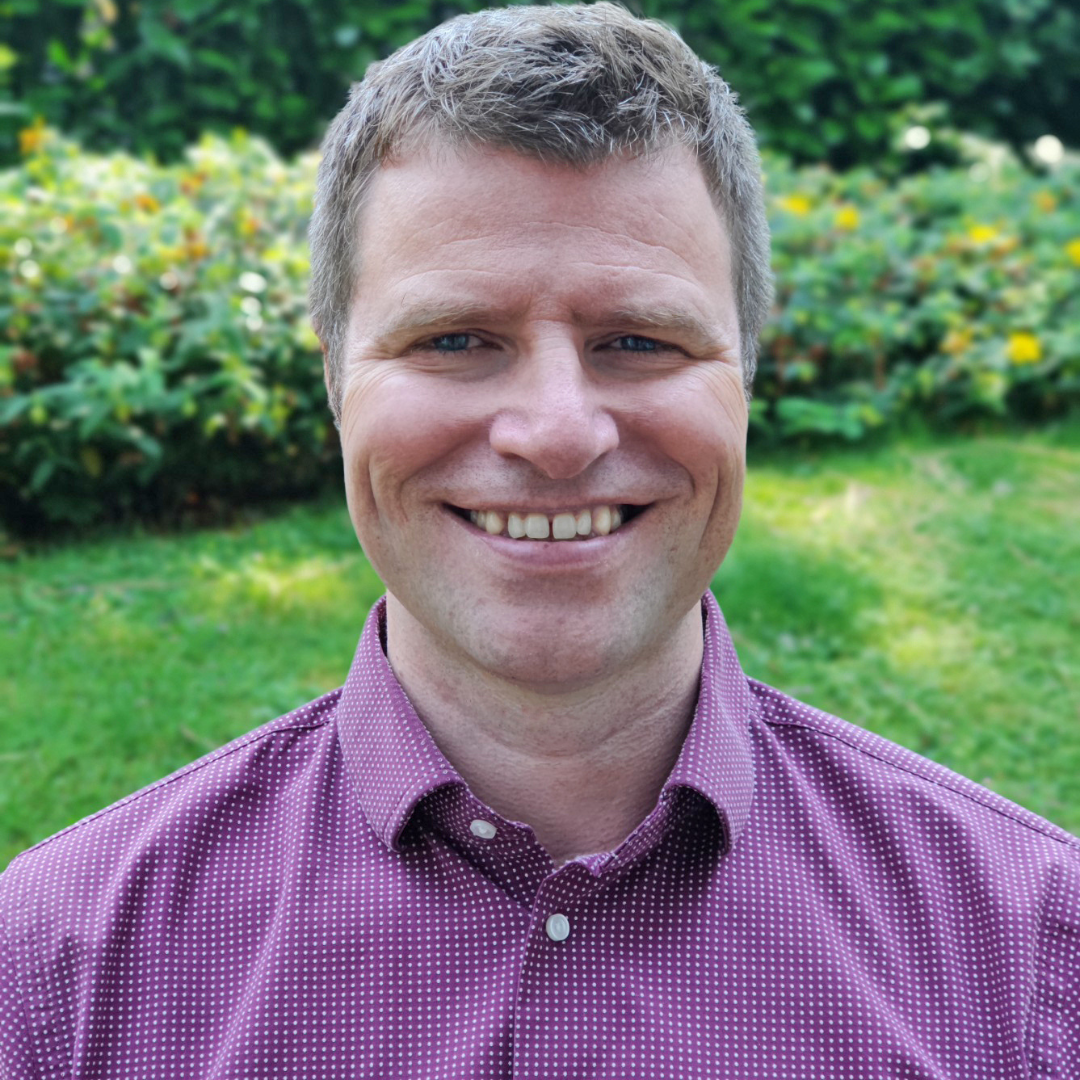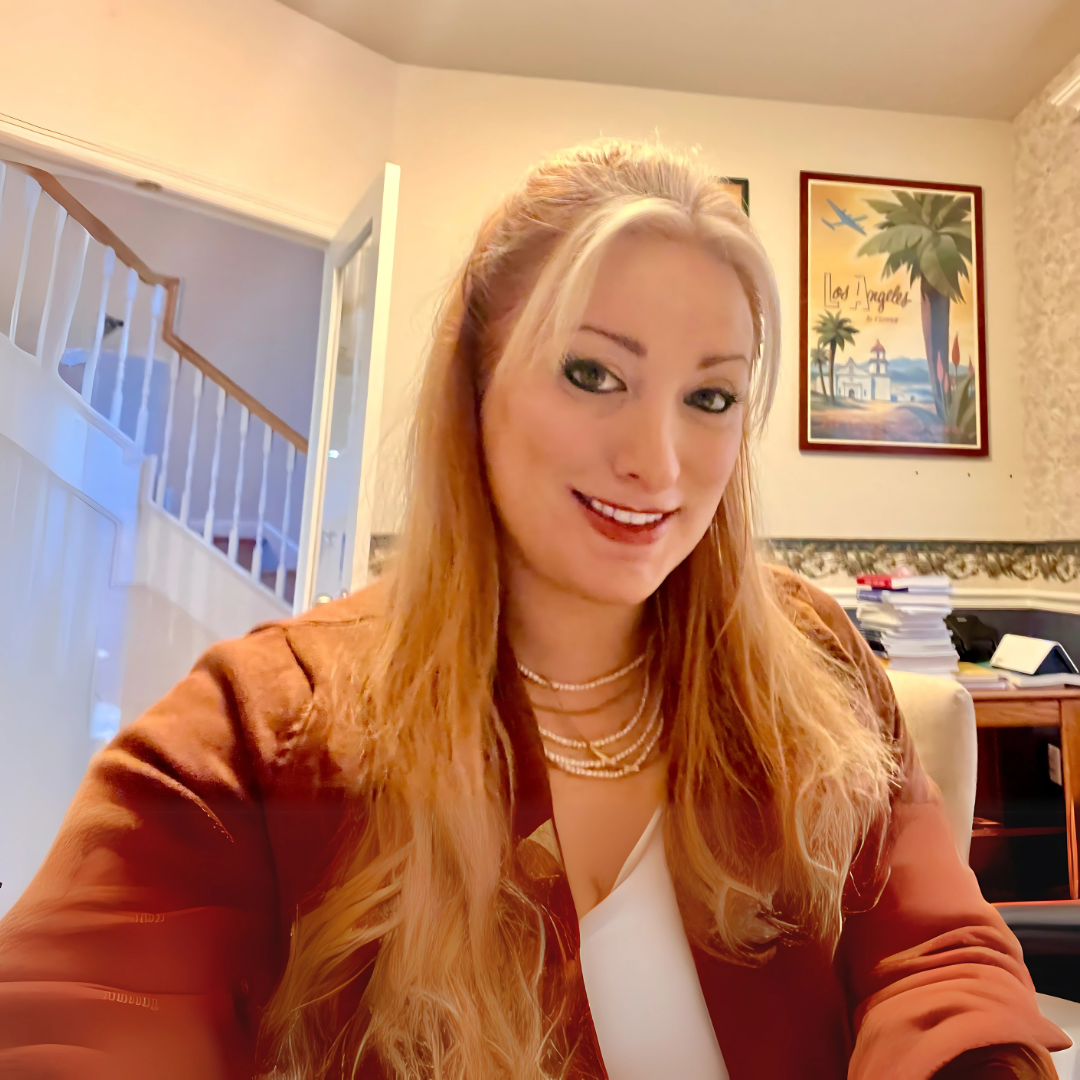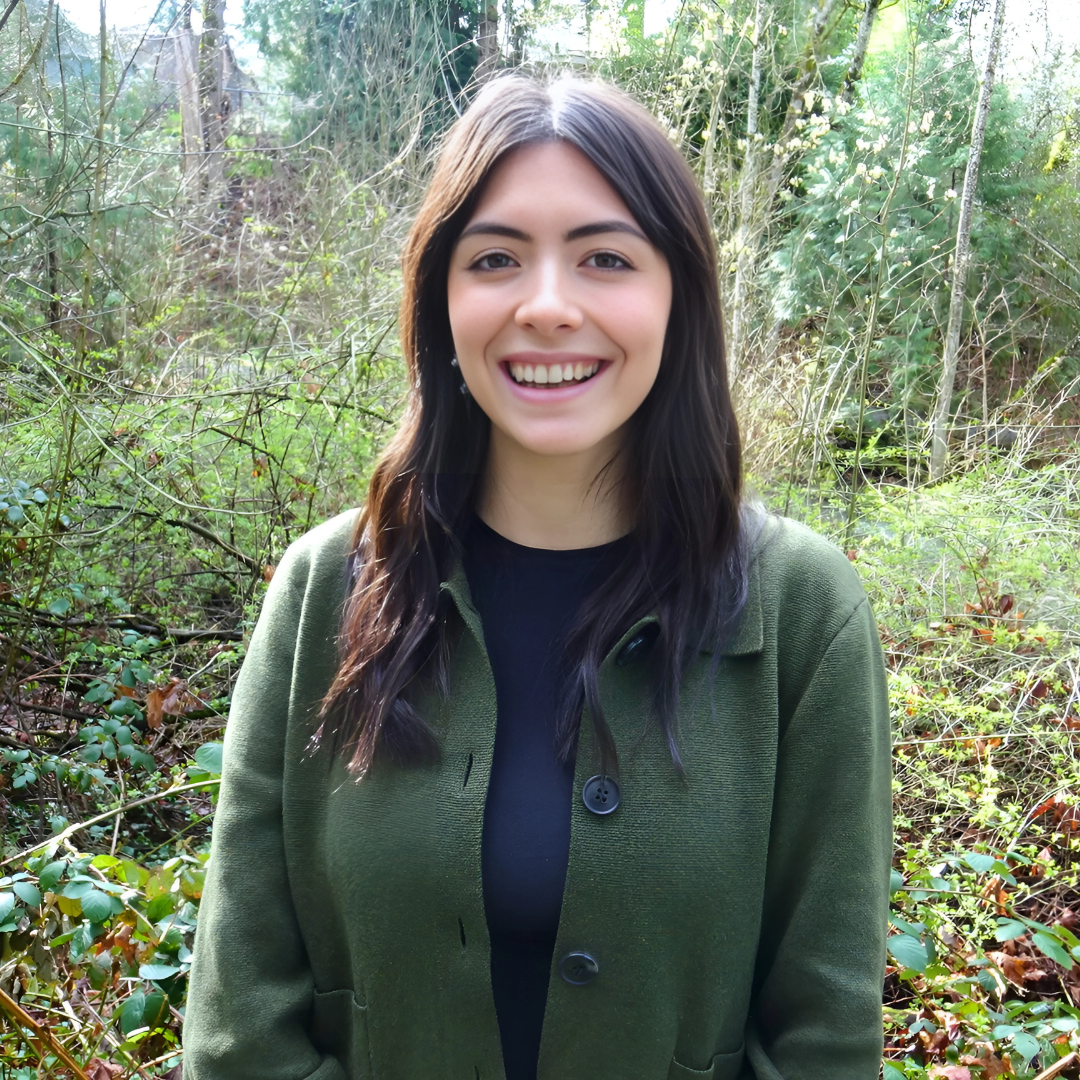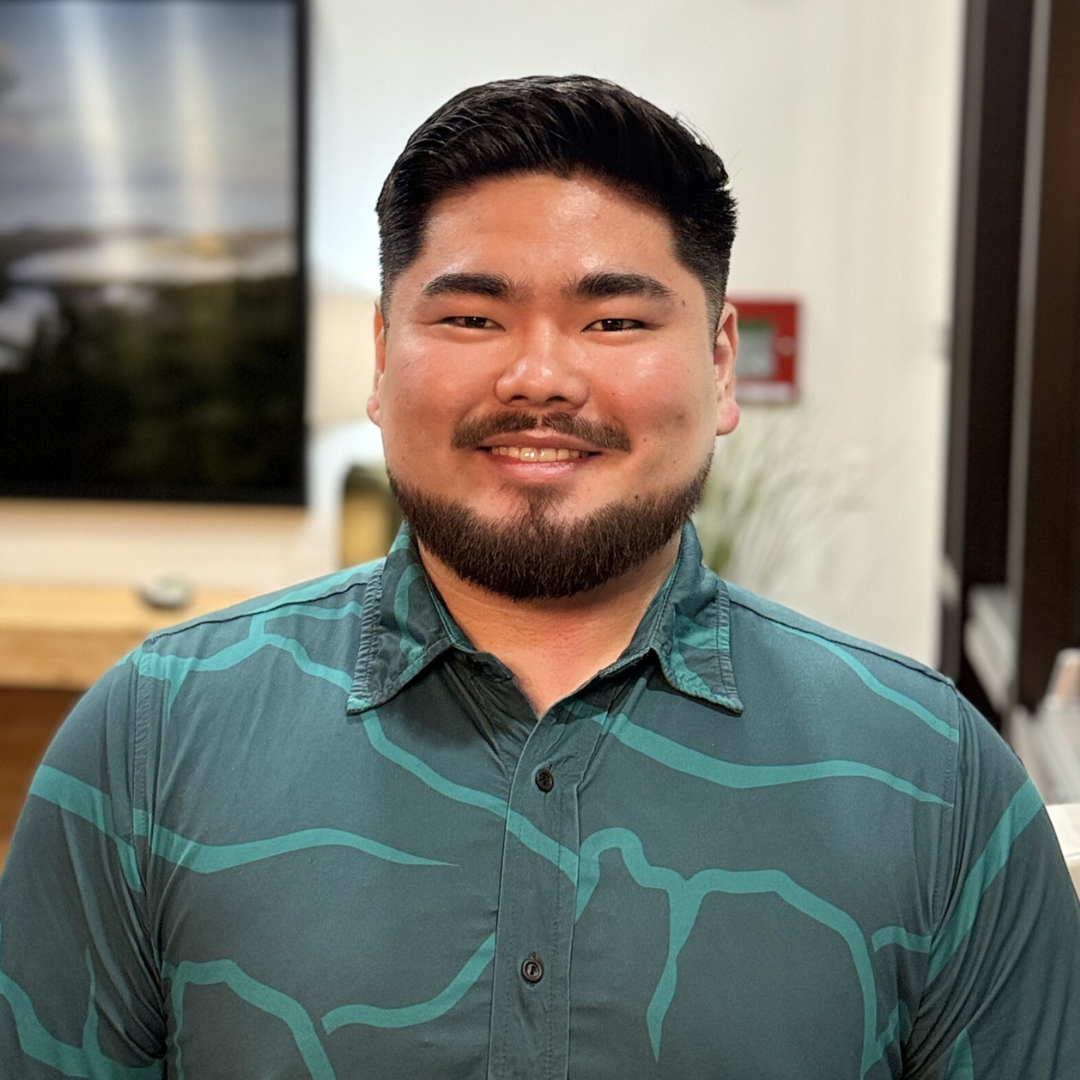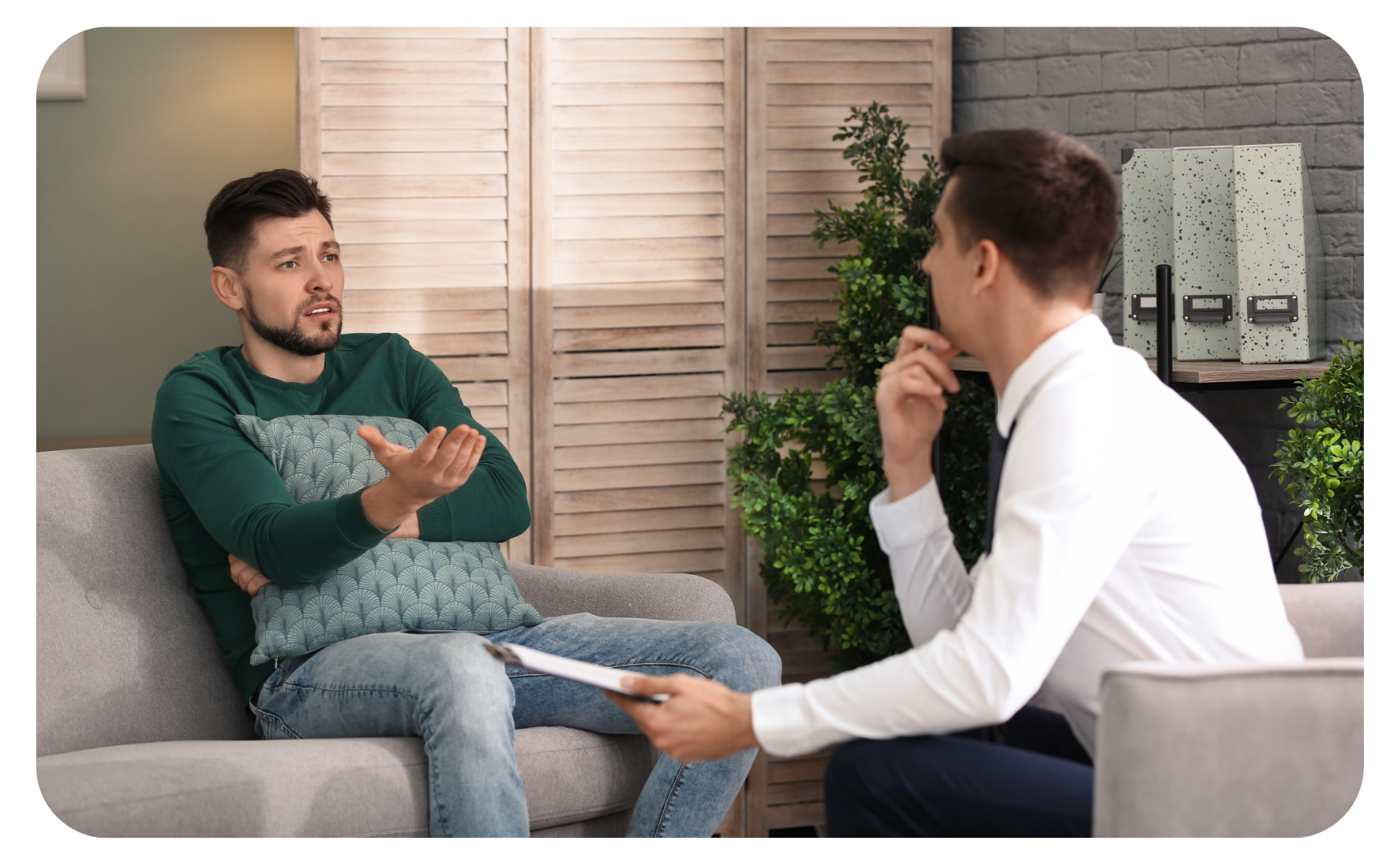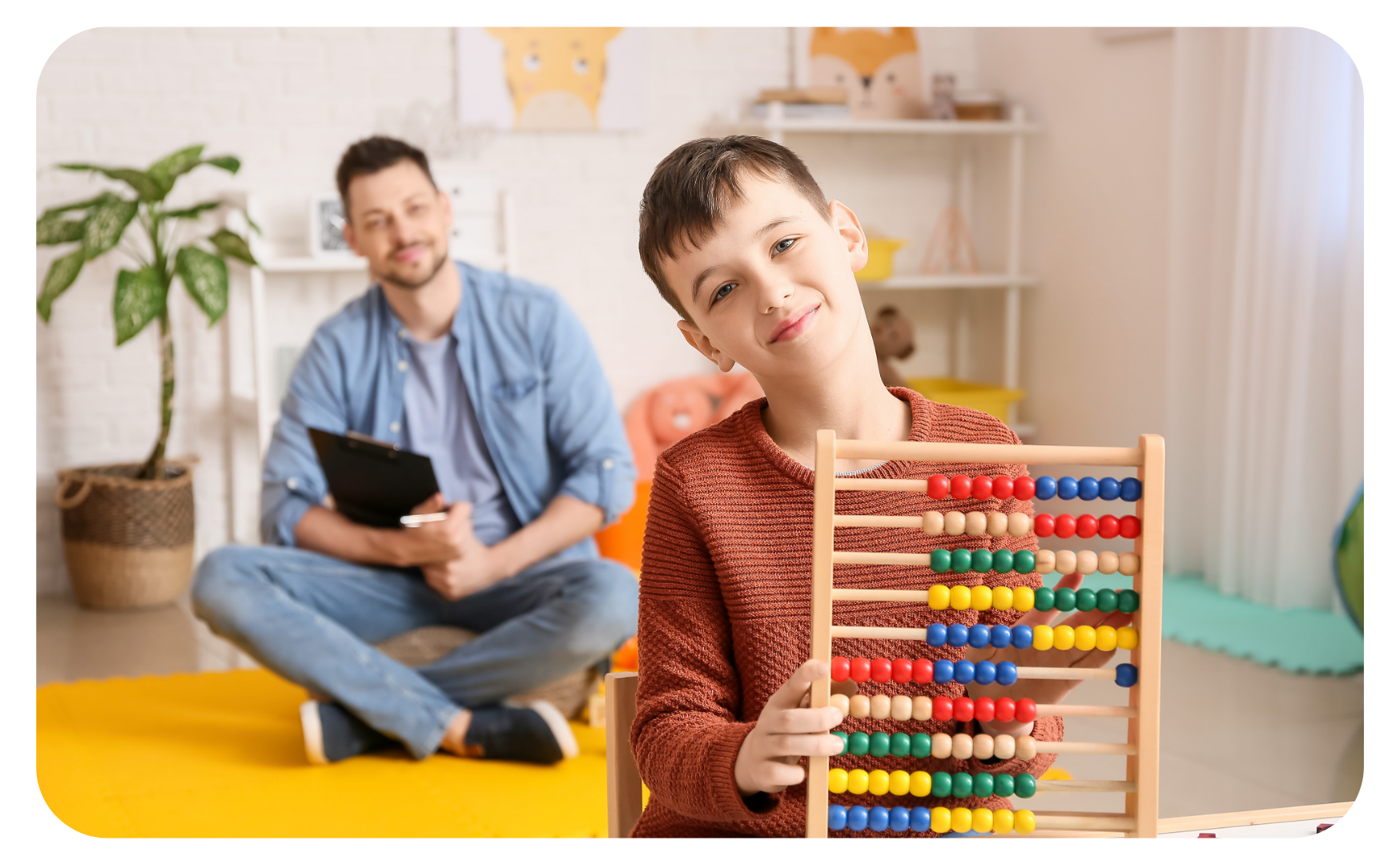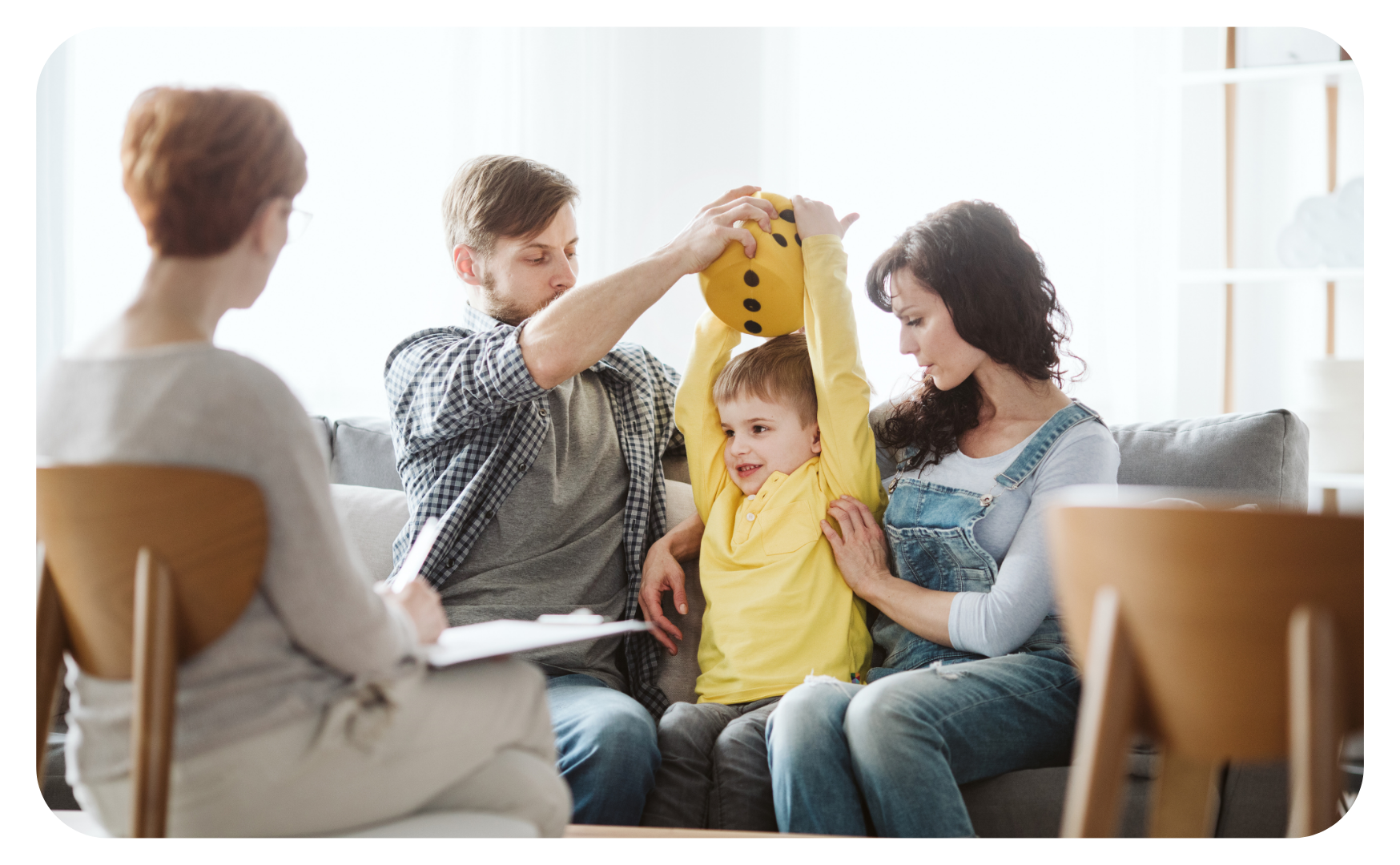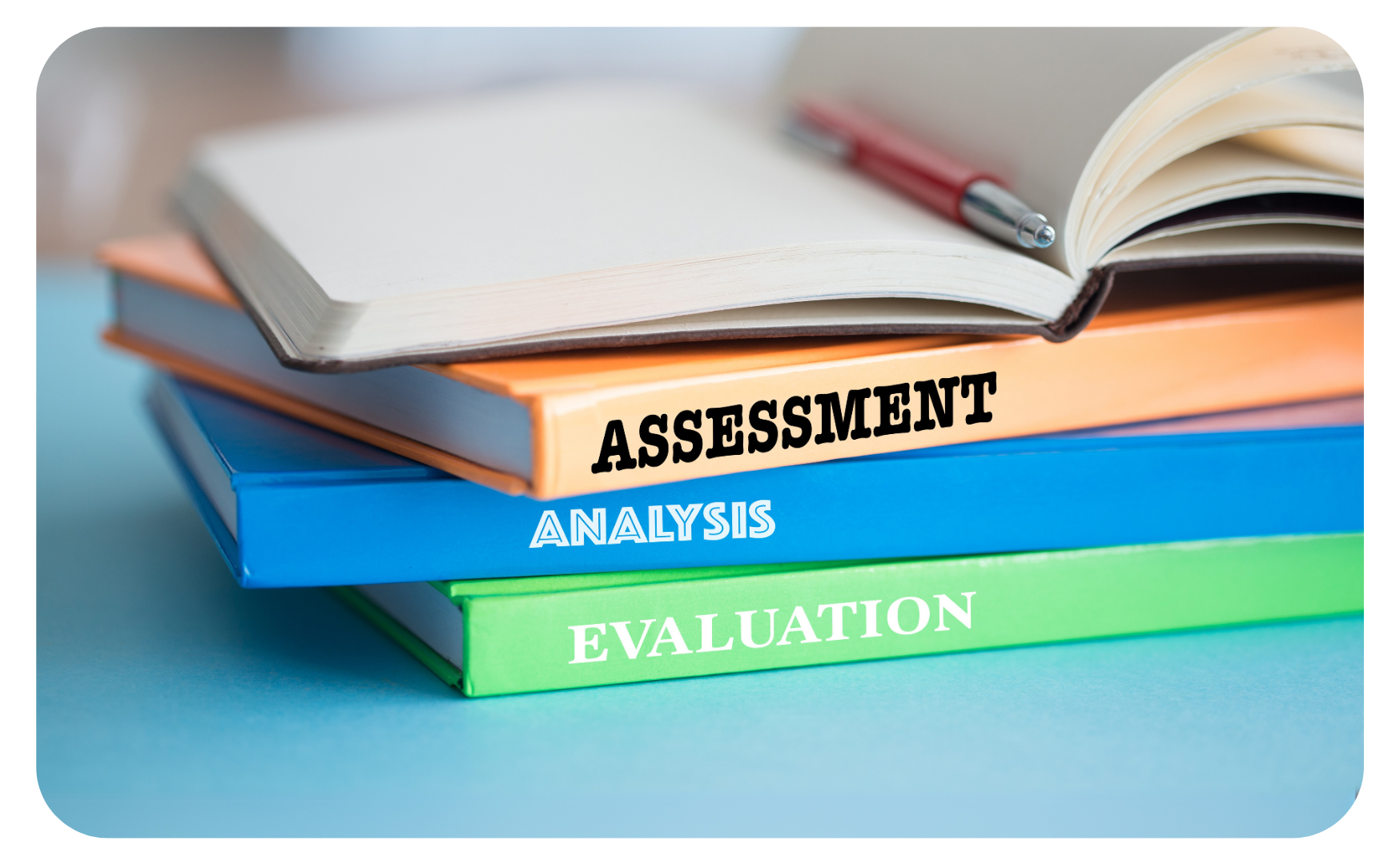Comprehensive ADHD Evaluations in Portland, OR
At Forest Psychological Clinic, our comprehensive ADHD evaluations assess multiple area of psychological functioning to get a complete picture of how you or your child is functioning.
Comprehensive ADHD
Evaluation in Portland, OR
At Forest Psychological Clinic, our comprehensive ADHD evaluations assess multiple area
of psychological functioning to get a complete picture of how you or your child is functioning.
About ADHD Evaluations at Forest Psychological Clinic
At Forest Psychological Clinic, our comprehensive ADHD evaluations assess multiple areas of psychological functioning to get a complete picture of how you or your child is functioning.
Think of the evaluation process as a puzzle.
Think of the evaluation process
as a puzzle.
We gather various pieces of information and use each piece to form a complete picture of what’s going on to help you better understand how you or your child’s strengths, weaknesses, personality characteristics, environmental factors, and relationships are impacting day-to-day life.
Our evaluations are comprehensive and assess for other mental health conditions, such as anxiety, depression, trauma, learning disorders, or autism, which may be contributing to your challenges as well.
Therefore, our evaluations do not just assess for ADHD. We aim to prevent misdiagnosis so we can provide the appropriate recommendations for your needs.
Many times, people suffer from more than one mental health condition, so the evaluation will also help you understand how different challenges may interact with each other.
INFORMATION:
300 Oswego Pointe, Suite 220 Lake Oswego, OR 97034
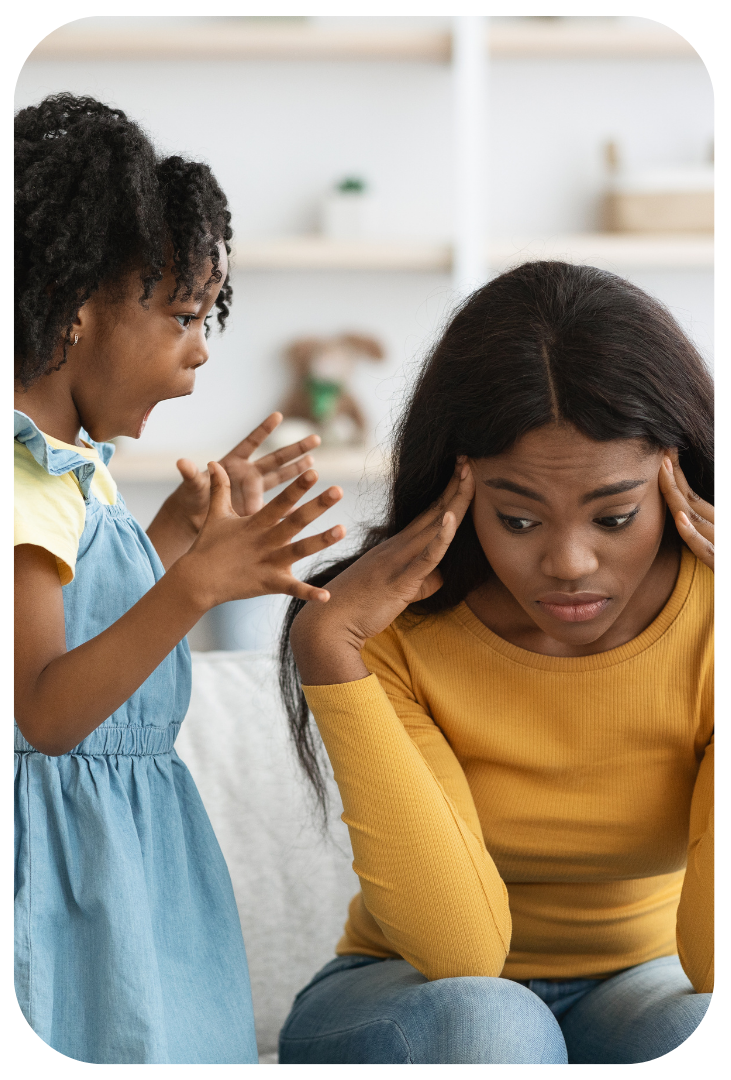

What Should I Expect During an Evaluation at Forest Psychological Clinic?
Let’s think of the evaluation as a puzzle. We need to gather multiple pieces of information to have a complete picture of you or your child at the end of the process. There are various steps in the process, some happening “behind the scenes.”
4-6 hour office-based testing appointment. Most appointments include multiple assessment measures such as cognitive, learning, executive functioning, and social-emotional. We conduct clinical interviews during this appointment
Parents, teachers, and/or trusted loved ones complete measures to provide additional information
Follow-up interviews and measures as needed
Record review and consultation with other professionals (e.g., therapists)
Scoring and interpretation of results and preparation of the report
Feedback session, which is usually done the same day, to review the results, diagnoses, and recommendations
Follow up with family and providers as needed
At the end of the evaluation, we aim to put the pieces together so you better understand yourself or your child. The pieces come together, and things start to make sense. You aren’t grasping for straws anymore because you know how certain behaviors link together and why they happen. You not only know why but also now have a map to help navigate your journey moving forward.
The recommendation section of the report will connect you with medical and therapeutic services, provide strategies to use at home, identify ways to obtain accommodations at work or school, resources to learn more about autism or other diagnoses, and tools that may be useful in your daily life.
Pricing
Clinician
Administering Testing
For a sole practitioner to complete the evaluation, we would charge the usual out of pocket fee. Please note, that besides Kaiser, Providence Health Plan, Regence or BlueCross BlueShield of Oregon, ComPsych, and Pacific Source, our assessment providers are out of network. Thus, this is an out-of-pocket expense. More information can be found under Financial Policies and Assessment Fees.
Clinician Student Supervised by Clinician Administering Testing
Clinician Student Supervised by
Clinician Administering Testing
For a student provider, we offer a significantly reduced rate for a comprehensive evaluation. We would charge $1,000 for the entire evaluation. The student provider would administer the evaluation under the direct observation and supervision of a licensed psychologist. More information can be found under Financial Policies and Assessment Fees.
ADHD Assessments FAQ
Questions and Answers
Find answers to the most commonly asked questions about our services.
What is an ADHD Evaluation?
An evaluation is a structured process used to determine whether an individual shows ADHD symptoms consistent with attention deficit hyperactivity disorder (ADHD). Recognized as one of the most common mental disorders in both children and adults, ADHD affects attention, impulse control, and activity levels. Evaluations aim to understand a person’s behavior across various environments—such as home, school, or work—and how those behaviors impact daily functioning.
The process of diagnosing ADHD typically includes interviews with caregivers or the individual, behavior rating scales, and, in some cases, standardized assessments. Clinicians rely on the Diagnostic and Statistical Manual developed by the American Psychiatric Association to guide diagnostic criteria and ensure accuracy. While an ADHD test may measure attention span, impulsivity, and hyperactivity, a formal ADHD diagnosis is based on a combination of clinical judgment, testing, and the person’s developmental and behavioral history.
Identifying attention deficit hyperactivity disorder (ADHD) can offer clarity for those who have long struggled with focus, organization, or behavior-related challenges. Diagnosing ADHD also helps clinicians treat ADHD more effectively and identify any co-occurring conditions. Early evaluation plays a key role in treatment planning, helping individuals access the support they need to succeed academically, professionally, and socially.
What type of therapy is best for children?
Children often benefit from play and art therapy, interactive behavioral strategies, and mindfulness and relaxation techniques to address behavioral challenges and emotional needs.
For children with attention deficit hyperactivity disorder (ADHD), therapy often involves a combination of behavioral interventions and emotional support. A key part of treating ADHD (subesquent to ADHD diagnosis) is helping children develop coping strategies to manage ADHD symptoms such as inattention, impulsivity, and hyperactivity.
The most effective approach typically includes:
Behavioral therapy to reinforce positive actions and reduce disruptive behaviors
Parent coaching to support consistency at home and school
Structured routines and visual aids to improve focus and task completion
Emotional regulation strategies to handle frustration and improve self-control
Clinicians working with children who may be struggling from ADHD symptoms often refer to guidelines from the Diagnostic and Statistical Manual, developed by the American Psychiatric Association, as part of the process for diagnosing ADHD and tailoring treatment. Combining these therapeutic tools with school support and family involvement can significantly improve a child’s long-term success.
What is the difference between Adult ADHD and ADHD in Children or Teenagers?
The core symptoms of attention deficit hyperactivity disorder (ADHD)—inattention, impulsivity, and hyperactivity—are present in both adults and younger individuals, but they often show up differently across age groups. Adult ADHD tends to manifest more subtly, with challenges like disorganization, difficulty managing time, and emotional regulation issues, while children and teenagers with ADHD often display more noticeable hyperactive or impulsive behaviors.
Diagnosing ADHD at any age requires an accurate ADHD diagnosis based on established standards, often guided by the statistical manual from the American Psychiatric Association’s diagnostic criteria. A proper diagnosis not only identifies symptoms but also examines how they impact school, work, and personal life.
In children and teens, input from teachers, family members, and the child’s healthcare provider or primary care provider is essential to understanding the full picture of a child’s behavior. In adults, clinicians rely more heavily on self-reporting and must also rule out overlapping mental health disorders, medical conditions such as a learning disability, or co-occurring issues like an anxiety disorder. Accurate assessment is critical to ensure individuals receive the right support.
At Forest Psychological Clinic, we specialize in comprehensive evaluations for children and teens, offering tailored assessments that provide clarity and guidance for families navigating the diagnostic process.
Whether for adults or younger individuals, early identification and support are key. Trusted healthcare providers, mental health professionals, and public health organizations like the Centers for Disease Control all stress the importance of thorough evaluations and targeted interventions at every stage of life.
Help center
Questions and Answers
Find answers to the most commonly asked questions about our services.
What type of therapy is best for children?
Children often benefit from play and art therapy, interactive behavioral strategies, and mindfulness and relaxation techniques to address behavioral challenges and emotional needs.
For children with attention deficit hyperactivity disorder (ADHD), therapy often involves a combination of behavioral interventions and emotional support. A key part of treating ADHD (subesquent to ADHD diagnosis) is helping children develop coping strategies to manage ADHD symptoms such as inattention, impulsivity, and hyperactivity.
The most effective approach typically includes:
Behavioral therapy to reinforce positive actions and reduce disruptive behaviors
Parent coaching to support consistency at home and school
Structured routines and visual aids to improve focus and task completion
Emotional regulation strategies to handle frustration and improve self-control
Clinicians working with children who may be struggling from ADHD symptoms often refer to guidelines from the Diagnostic and Statistical Manual, developed by the American Psychiatric Association, as part of the process for diagnosing ADHD and tailoring treatment. Combining these therapeutic tools with school support and family involvement can significantly improve a child’s long-term success.
What age should a child go to therapy?
Children’s therapy typically supports ages 3–12, especially when they face behavioral challenges, grief and loss counseling needs, or sleep and nighttime anxiety issues.
What is the best therapy for childhood issues?
The best therapy depends on the child’s needs, but options like social skills development for autism spectrum disorder (ASD), attention-deficit/hyperactivity disorder (ADHD) support, and family therapy sessions are common.
How to get a child to go to therapy?
Introduce therapy positively by highlighting fun aspects like play and art therapy, involve them in choosing activities, and offer parental guidance and support. Telehealth options and secure online therapy can also make it feel more comfortable.


We provide a safe space where you can find peace within yourself. Our expert therapists guide you through overcoming mental challenges with personalized care.
300 Oswego Pointe, Suite 220 Lake Oswego, OR 97034
Copyright © 2026 Forest Psychological Clinic, LLC - All Rights Reserved.

